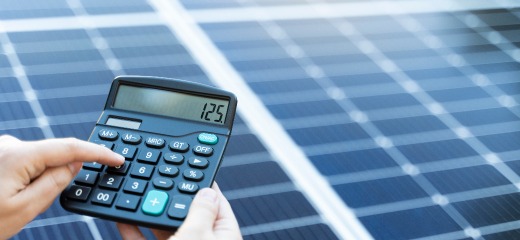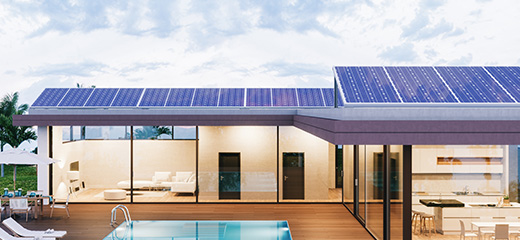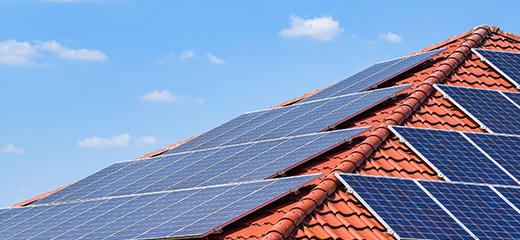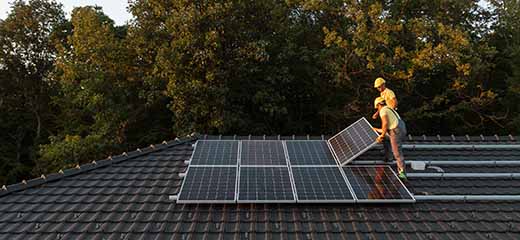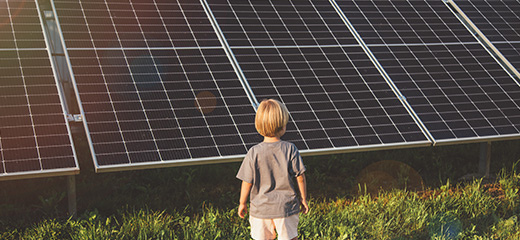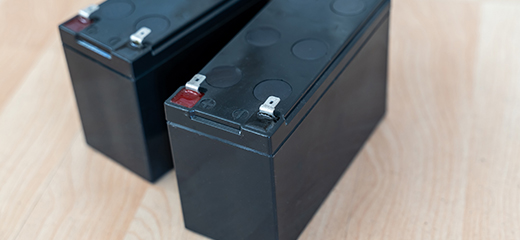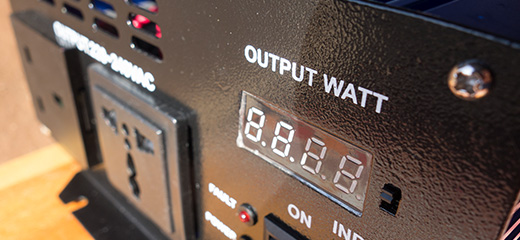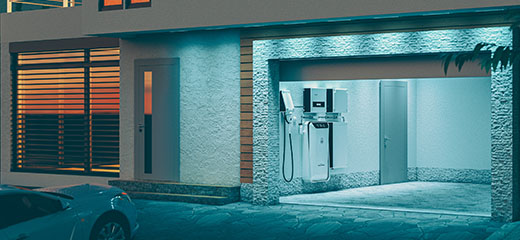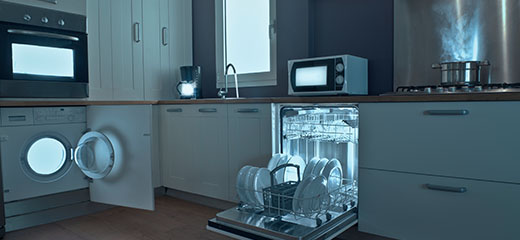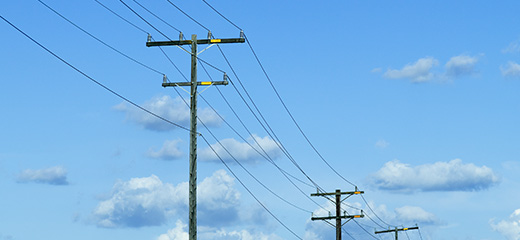
Ombud solar warning: What you need to know
If you’re thinking of getting a solar solution for your home, then the warning from the Consumer Goods and Services Ombud (CGSO) may have left you concerned. To help you on a stress-free journey we look at the problems that have been identified and what you can do to avoid disappointment.
Loadshedding, power outages and rising electricity prices have seen many households considering solar. As conditions have worsened and government introduced incentives for home solar installations, demand for solutions has skyrocketed.
As is often the case in this type of situation, numerous solar companies have suddenly emerged onto the market. And while some have the knowledge and experience to deliver a compliant system, others are just trying to make a quick buck regardless of the repercussions.
In the year from 1 February 2022 to 9 February 2023, the CGSO has revealed it received “202 complaints relating to solar systems and generators”.
The ombudsman, Magauta Mphahlele, revealed the most common type of complaints received were:
- Non-issuance of Compliance Certificates, including failure to disclose the criteria that need to be met for the certificate to be issued or that the certificate would attract an additional fee.
- Accepting payment and not delivering the goods or installing the systems within agreed timeframes.
- Poor workmanship and installations that did not meet safety standards.
- Warranties not being honoured.
- Incorrect equipment purchased either by consumers or on behalf of consumers and suppliers refusing to accept returns.
- Misleading advertising relating to the type, size and wattage of inverters, solar panels and batteries.
- Inflated prices for panels, inverters, batteries and installation services.
Mphahlele comments:
Steps to avoid disappointment
So how can you be sure that you’re not taken in by an unscrupulous supplier? There are a variety of steps you can take to ensure your solar solution lives up to its expectation.
One of the most important factors to consider when choosing a solar installer is their experience and reputation in the industry. You'll want to work with a company that has a track record of successful home solar installations. Look for reviews and testimonials from previous customers to get an idea of the quality of work that the installer provides.
You’ll also want to make sure they have the appropriate expertise, accreditation and licenses to install solar. Check with the South African Photovoltaic Industry Association or Southern African Alternative Energy Association to make sure your chosen supplier is registered with them as this ensures that the installers have the necessary training and qualifications to install solar systems safely and efficiently.
Another critical factor to consider when choosing a solar installer is the quality of the products they use. The installer should only use high-quality solar panels, inverters, batteries and other equipment that is built to last. Ask your supplier to specify each of the components in their quotation so you can check they are from well-known and reputable manufacturers in the industry. On the day of your installation, make sure that the components match up with their invoice.
A solar system is a long-term investment, and it's essential to choose an installer that offers a warranty on their workmanship and the products they install. Make sure to ask about the warranty and after-sales service before choosing an installer. You'll want to work with a company that is responsive and provides quick and efficient support if you encounter any issues with your system in the future.
Price and time to installation is always a consideration when choosing a solar installer. While you don't want to sacrifice quality for price, you should look for an installer who offers a competitive price for their services. Be wary of installers who offer prices that seem too good to be true, as they may be cutting corners on the quality of their products or workmanship. You should also be prepared to wait for your installation as the high demand for quality components has resulted in shortages of components. If your supplier says they can install the full system within a week, make sure to go back and check the quality of the products and the company reputation before signing on the dotted line.
Mphahlele strongly suggests you contact a qualified and trusted solar installer to do a site visit to assess your needs and the structure of your home to advise on the type of system you require. This should be done before purchasing or installing the solar system, as the Consumer Protection Act does not protect you if you buy incorrect equipment.
“You are only covered if you provided the correct specifications or communicated the purpose for which you want to use the product for, and the product is not fit for the purpose communicated,” she says.
LookSee offers a full solar journey coupled with a Savings Guarantee based on your minimum saving expectations over 6 months and a once-off R2 000 cashback if savings are not met.
